Department for Energy Security and Net Zero
The Department for Energy Security and Net-Zero (DESNZ) was created in 2023, tasked with “securing our long-term energy supply, bringing down billsand halving inflation. The move recognises the significant impact rising prices have had on households across the country as a result of Putin’s illegal war in Ukraine, and the need to secure more energy from domestic nuclear and renewable sourcesas we seize the opportunities of net zero.”
This implies that warnings given in the Net-Zero Review, might influence actions, as it implied the current approach is not sufficient enough to deliver deep emissions cuts or seize the opportunity of the social and economic benefits of the transition.
The Government website states: "The Department for Energy Security and Net Zero will provide dedicated leadership focused on delivering security of energy supply, ensuring properly functioning markets, greater energy efficiency and seizing the opportunities of net zero to lead the world in new green industries. This year, the department will focus on easing the cost of living and delivering financial security by bringing down energy bills and keeping them down - better insulating consumers from external impacts. Longer term objectives include ensuring properly functioning energy markets, coordinating net zero objectives across government and bringing external delivery expertise to bear on its portfolio of major projects. The Department for Energy Security and Net Zero is focused on the energy portfolio from the former Department for Business, Energy and Industrial Strategy (BEIS)."
The key priorities are likely to be:
- Ensuring security of winter energy supply in the longer term, redcuing energy bills and inflation.
- Ensuring the UK is on track for net zero, significantly speeding up delivery infrastructure to support economic growth.
- Improving issues around energy efficiency to meet the 15% demand reduction ambition.
- Delivering the current energy support schemes and developing longer term market reform.
- Promoting jobs and growth through investment in green industries and zero carbon economy.
- Passing the Energy Bill supporting emerging technologies and renewables.
ECA the Leading engineering services trade body has broadly welcomed the creation of the new Government Department for Energy Security and net Zero. The body, which represents 3,000 electrotechnical businesses and 66,000 professionals in England, Wales and Northern Ireland, says the move has the potential to make a step change in the efforts to reach Net Zero Carbon emissions by 2050.
Paul Reeve, ECA Director of CSR said: “We trust the new Department for Energy Security and net Zero will rapidly engage not only with the Government’s own Net Zero Carbon commitments, but also the recent recommendations of the Skidmore review, which confirmed the huge economic and other benefits of actively pursuing Net Zero. The new Department must focus on boosting UK low carbon energy from renewables and nuclear, and the skills base that will ensure safe and reliable delivery. In the context of achieving energy resilience and Net Zero, it should also review the strategic potential for tidal energy to provide a major, storable renewable energy resource for the UK.”
[edit] Related articles on Designing Buildings
Featured articles and news
Wellbeing in Buildings TG 10/2025
BSRIA topic guide updates.
With brief background and WELL v2™.
From studies, to books to a new project, with founder Emma Walshaw.
Types of drawings for building design
Still one of the most popular articles the A-Z of drawings.
Who, or What Does the Building Safety Act Apply To?
From compliance to competence in brief.
The remarkable story of a Highland architect.
Commissioning Responsibilities Framework BG 88/2025
BSRIA guidance on establishing clear roles and responsibilities for commissioning tasks.
An architectural movement to love or hate.
Don’t take British stone for granted
It won’t survive on supplying the heritage sector alone.
The Constructing Excellence Value Toolkit
Driving value-based decision making in construction.
Meet CIOB event in Northern Ireland
Inspiring the next generation of construction talent.
Reasons for using MVHR systems
6 reasons for a whole-house approach to ventilation.
Supplementary Planning Documents, a reminder
As used by the City of London to introduce a Retrofit first policy.
The what, how, why and when of deposit return schemes
Circular economy steps for plastic bottles and cans in England and Northern Ireland draws.
Join forces and share Building Safety knowledge in 2025
Why and how to contribute to the Building Safety Wiki.
Reporting on Payment Practices and Performance Regs
Approved amendment coming into effect 1 March 2025.







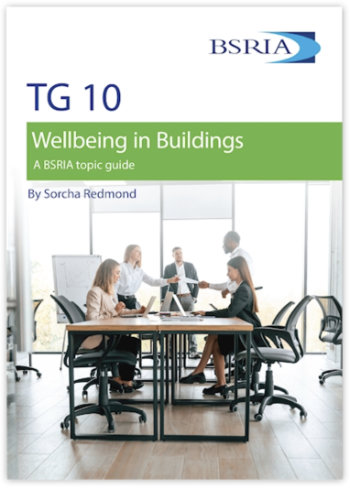



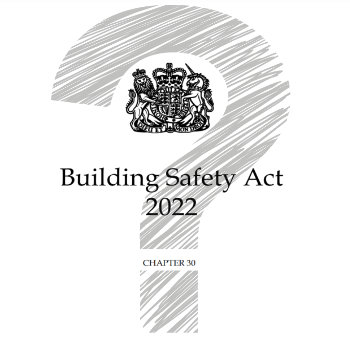

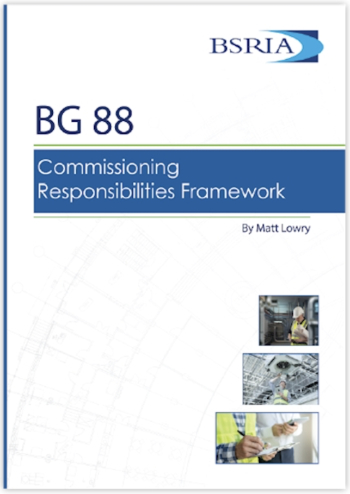

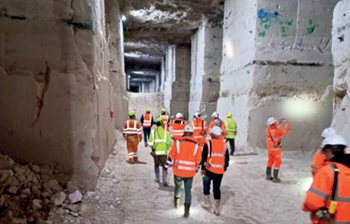


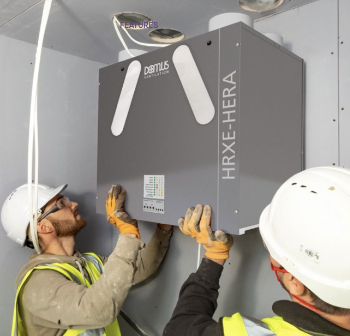
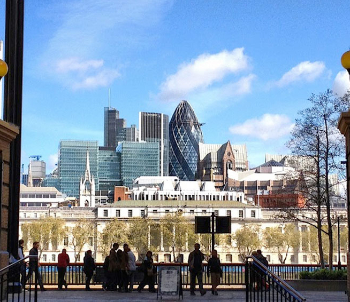



Comments
[edit] To make a comment about this article, or to suggest changes, click 'Add a comment' above. Separate your comments from any existing comments by inserting a horizontal line.